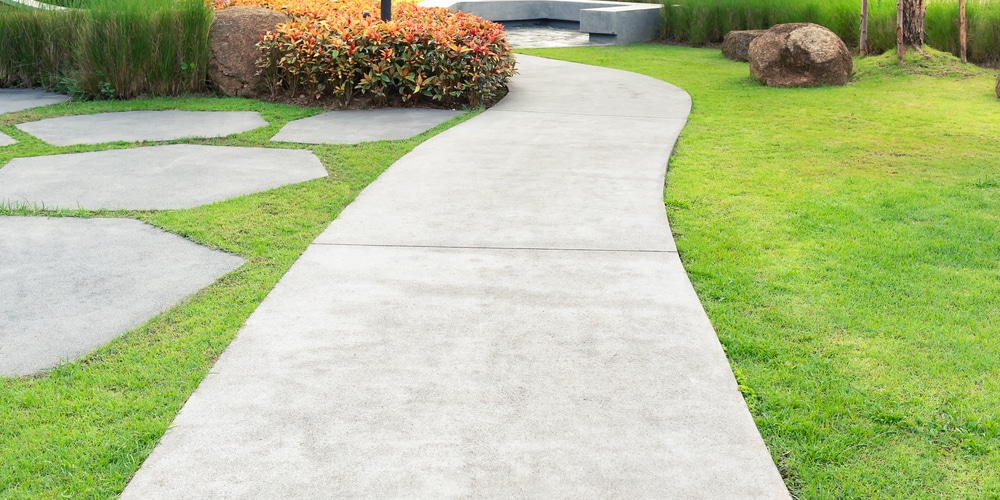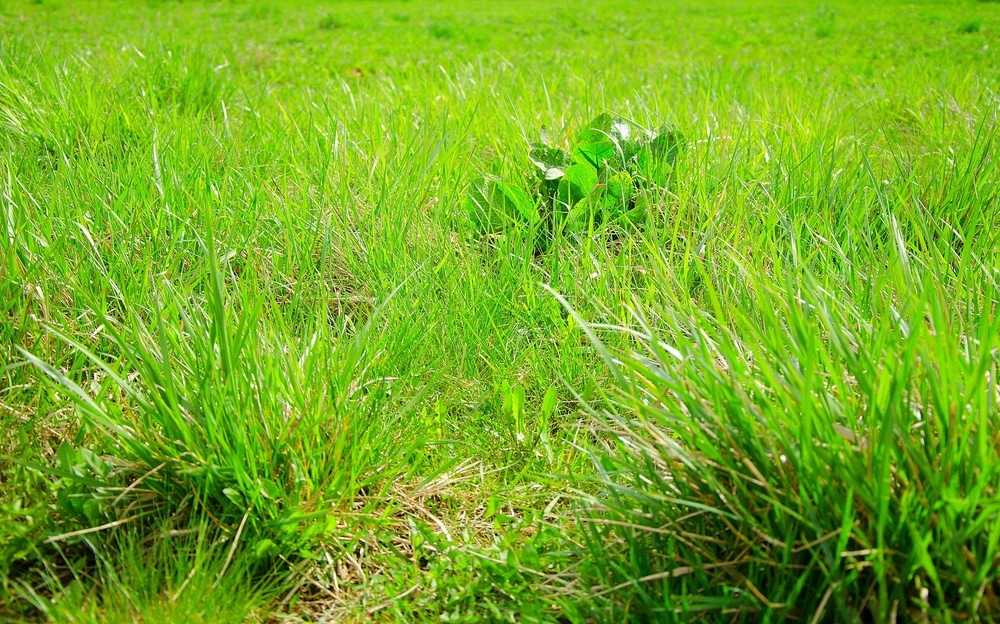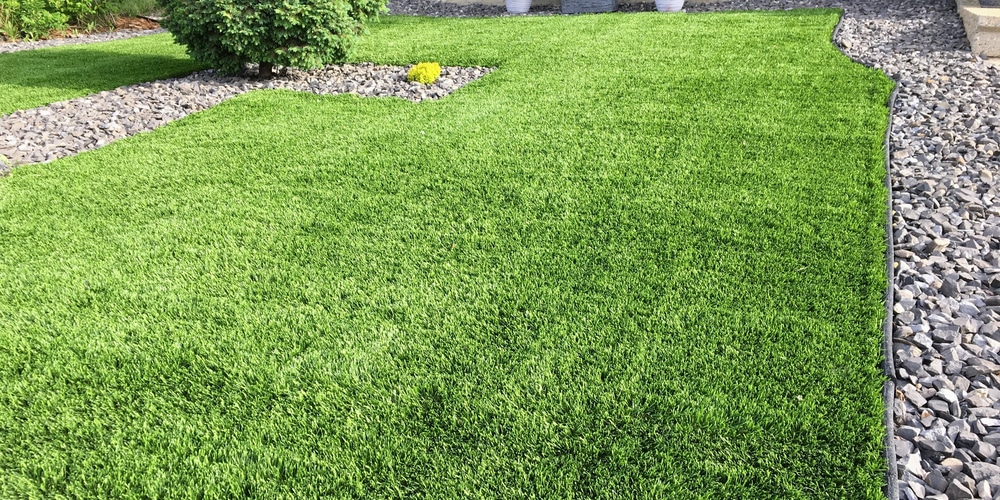How to Avoid and Treat Chigger Infested Areas
1. Avoid Chigger-Infested Areas
- Know the Environment: Chiggers thrive in moist, grassy areas, including parks, forests, and even lawns.
- Use Barriers: When walking in such areas, wear long sleeves, long pants, and boots. Tuck your pants into your socks to create a barrier against chiggers.
2. Use Repellent
- Effective Ingredients: Apply insect repellent that contains DEET, permethrin, or picaridin to exposed skin and to your clothing. Permethrin-treated clothing is especially effective.
3. Promptly Wash Clothes and Shower
- After Exposure: As soon as you get home from a potential chigger-infested area, shower with soap and hot water.
- Laundry: Wash your clothes in hot water to kill any chiggers that might have come home with you.
4. Treat Infested Areas
- Mow the Lawn: Keep your grass short and the landscape well-trimmed to reduce moisture and eliminate chigger habitats.
- Chemical Treatments: For severe problems, consider using a pesticide designed for chigger control in your yard. Always follow the manufacturer’s instructions for safe use.
5. Treat Chigger Bites
- Reduce Itching: Over-the-counter hydrocortisone cream or calamine lotion can help relieve the itching. Antihistamines might also be beneficial.
- Avoid Scratching: Try not to scratch the bites to prevent infection.
By taking these preventative measures and responding quickly if you suspect chigger exposure, you can minimize the discomfort caused by these tiny pests.
Identifying Chigger Infestations
Before you can take action against chiggers, recognizing the presence of these minuscule mites in your surroundings is half the battle won.
Let’s zero in on where they lurk and the tell-tale signs they’ve feasted on you.
Spotting Chiggers in Your Environment
Chiggers are nearly invisible to the naked eye, but they can still leave evidence of their presence:
- Look for chiggers in moist, grassy areas: They thrive in thick vegetation, weedy areas, or even in your well-manicured lawn.
- Check for clusters or groups: Chiggers tend to congregate in large numbers, so you might see groups of tiny red dots moving.
Using a magnifying glass can aid in spotting these miniscule pests in your outdoor space.
Symptoms of Chigger Bites
After a chigger has had its fill, it’s the itchy aftermath on your skin that becomes the undeniable clue:
- Intense itching: This starts a few hours after the bite and can last for several days.
- Appearance of bites: Red, pimple-like bumps or hives are common reactions.
Remember, chiggers latch onto skin for a few days. If you experience bites, check your gear and clothes for these tiny troublemakers.
Immediate Chigger Bite Treatments
If you’ve been nibbled by these pesky mites, quick and effective treatment is key to reducing itchiness and preventing infection.
Home Remedies for Bite Relief
- Take a hot shower: As soon as you suspect chigger bites, hit the shower with hot water and soap to wash off any lingering pests and soothe your skin.
- Apply a cold compress: Reduce swelling and itching with a clean, cold compress on the affected areas.
- Baking soda paste: Mix baking soda with a few drops of water to create a cooling paste, and apply directly to your bites to calm the itch.
Over-the-Counter Solutions
- Calamine lotion: This classic remedy helps to soothe itching and heal your chigger bites quickly.
- Antihistamines: Consider taking an antihistamine to reduce allergic reactions and itchiness. Products containing diphenhydramine are especially effective.
- Hydrocortisone cream: For topical relief, apply an over-the-counter hydrocortisone cream to decrease inflammation and itching.
Preventing Chigger Bites
To stay itch-free and enjoy the outdoors, take the following practical steps to prevent chigger bites.
Appropriate Clothing Choices
- Long Sleeves and Pants: Wear long-sleeved shirts and long pants to reduce skin exposure.
- Tight Weaves: Opt for tightly woven fabrics, as chiggers can’t easily penetrate these materials.
- Shoes Over Sandals: Choose closed-toe shoes instead of sandals to protect your feet and ankles.
- Tuck In Your Clothes: Tuck your shirt into your pants and your pants into your socks or boots to create a barrier against chiggers crawling onto your skin.
Using Insect Repellents
- DEET-Based Repellents: Apply repellents that contain DEET directly on your skin, focusing on your ankles, waist, and cuffs, areas where chiggers commonly latch onto.
- Permethrin Treatments: Treat your clothing and gear with permethrin, an insect repellent designed for fabric use, which can help repel and kill chiggers that come into contact with the treated materials.
Chigger Control in Your Yard
Battling chiggers in your yard boils down to a strategic two-pronged approach: encouraging natural predators and organic tactics, or going the route of chemical pesticides when necessary. Let’s dive in and reclaim your green space from these itchy invaders.
Natural Predators and Organic Methods
Your yard is a battlefield, and you’ve got allies in the form of natural predators. Birds, ladybugs, and even some types of ants can be your infantry against chigger larvae. Here’s how to strengthen your natural defenses:
- Attract birds: Set up bird feeders or birdhouses to invite feathered friends who feed on chiggers.
- Cultivate beneficial bugs: Introduce ladybugs or predatory mites that see chigger larvae as a tasty meal.
Organic methods are your tactical gear in this fight. You can:
- Maintain your lawn: Keep the grass short and trim back overgrown areas where chiggers love to hide.
- Use diatomaceous earth: Sprinkle this natural, non-toxic powder in chigger-prone zones—it dehydrates and kills chigger larvae.
Chemical Pesticides for Chigger Elimination
When the chigger infestation is more than your natural allies can handle, it’s time to consider chemical pesticides. But use them as a precision strike, not a carpet bombing. Here are best practices:
- Choose the right pesticide: Look for products containing bifenthrin or permethrin, proven to be effective against chigger populations.
- Apply with precision: Target areas where chiggers are suspected, such as dense vegetation or shaded, moist areas.
Long-Term Strategies and Maintenance
When you’re battling chiggers in your yard, think of it as a campaign rather than a skirmish. Winning the war against these pesky mites means committing to some serious long-term strategies and regular yard maintenance. Here’s your game plan:
Keep Your Lawn Trimmed
- Keeping your grass short will make your lawn less appealing to chiggers. They love tall grass!
- Regularly mow your lawn to maintain grass height between 1.5 and 2 inches.
Eliminate Moisture and Brush
- Chiggers thrive in moist, brushy areas. Remove these, and you remove their hangouts.
- Clear away brush piles and keep foliage trimmed back.
Encourage Natural Predators
- Invite creatures that feast on chiggers by creating habitat for birds and predatory insects.
- Consider birdhouses or insect hotels to promote a supportive ecosystem.
Use Natural Repellents
- Plant chigger-repelling plants like marigolds, garlic, and chrysanthemums. Aromatic plants can be your defensive perimeter.
Regular Debris Clearance
- After an outdoor adventure, check your clothes and skin.
- Wash clothes in hot water and shower to remove any hitchhiking chiggers.
Incorporate Beneficial Nematodes
- Apply beneficial nematodes that naturally prey on chigger larvae to the soil.
- These microscopic allies work under the radar to keep your yard chigger-free.
Frequently Asked Questions
Alright, you outdoor adventurers! Here’s your quick rundown on staying one step ahead of those pesky chiggers, with straight
Last update on 2024-05-20 / Affiliate links / Images from Amazon Product Advertising API





